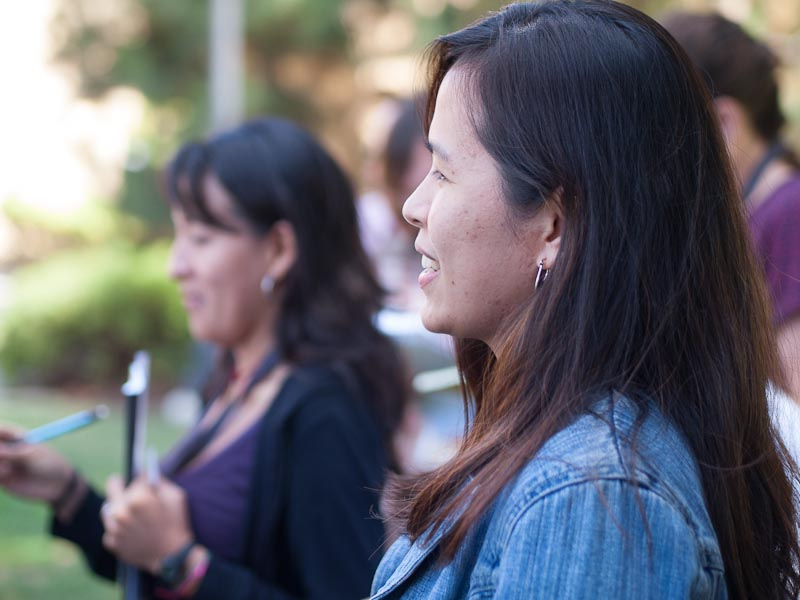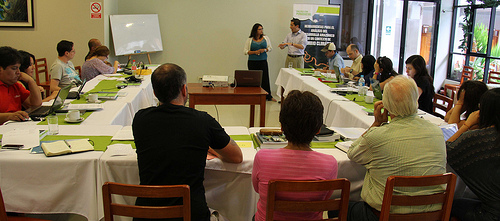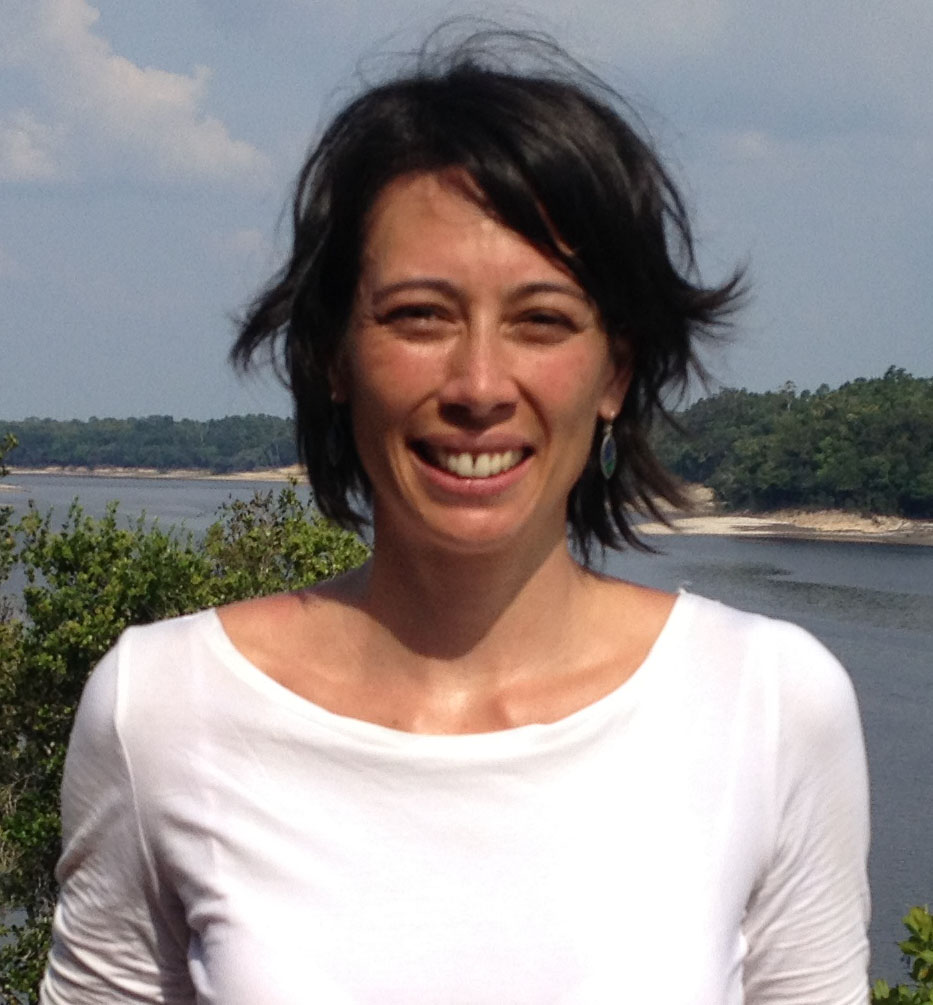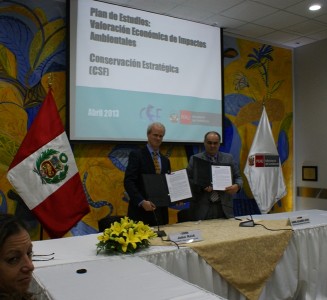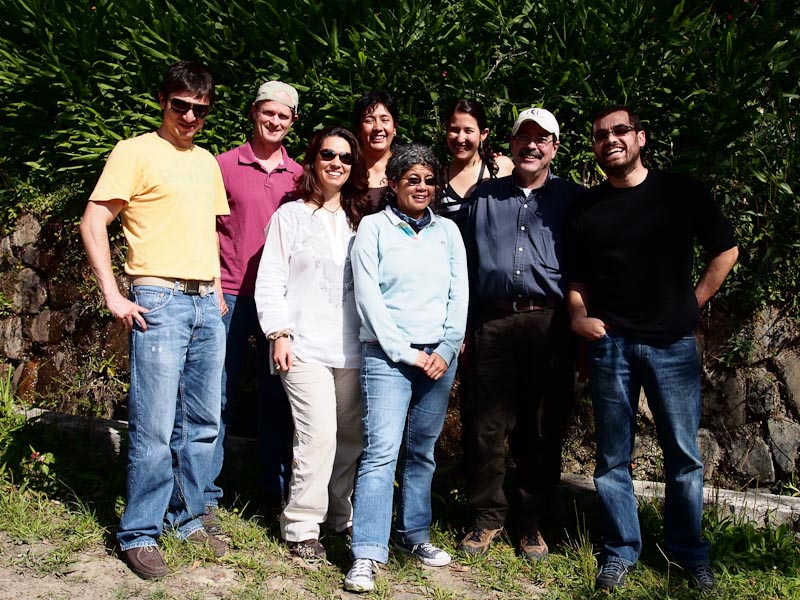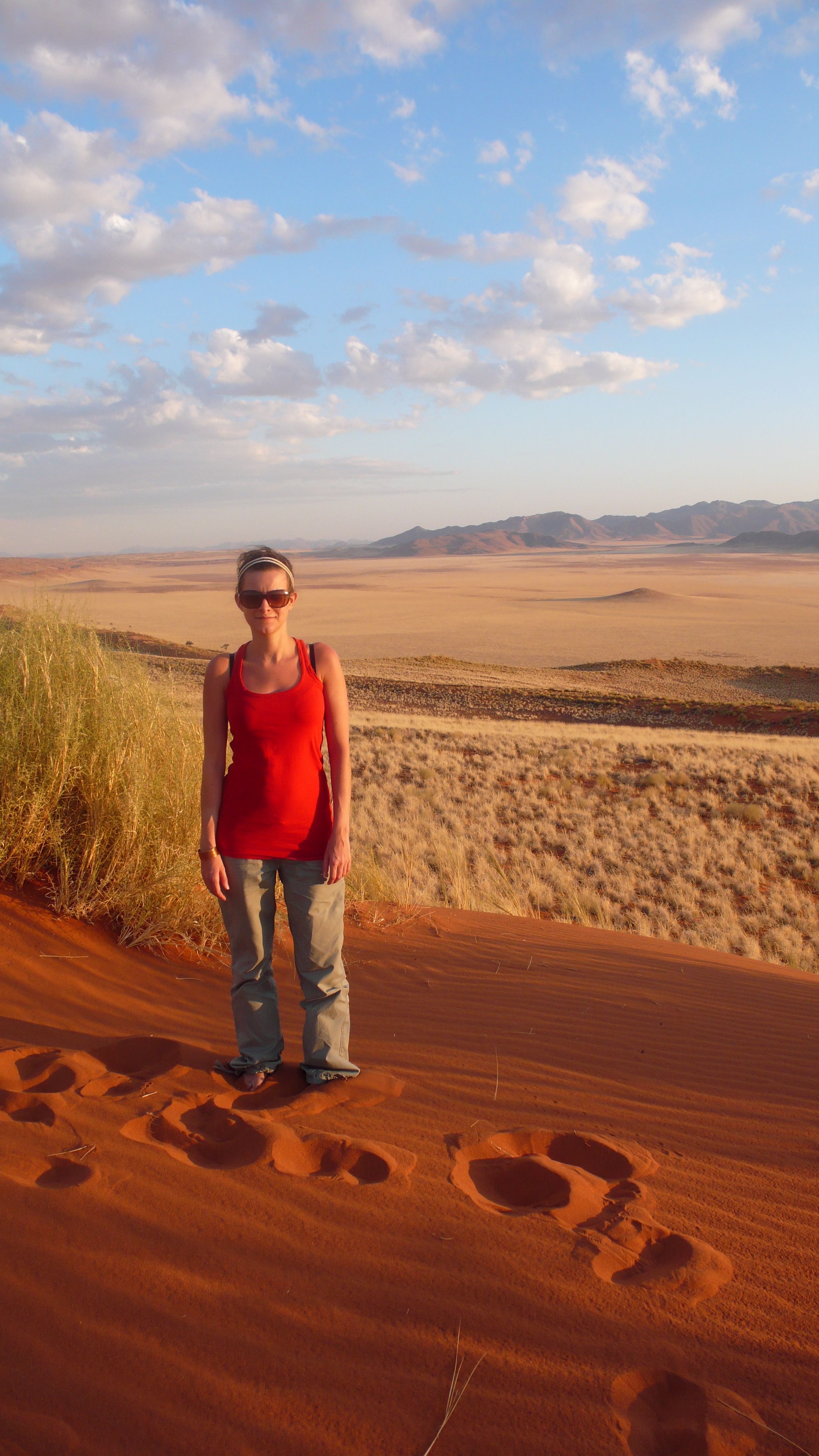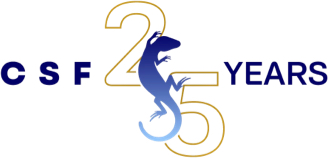News
The Gordon and Betty Moore Foundation awarded a grant of $256,000 this month to support CSF's Conservation Economics Initiative. The CEI is a CSF-Duke University effort to spread the effective use of conservation economics to benefit natural ecosystems. Moore's support, along with funds from the John D. and Catherine T. MacArthur Foundation, will be used to set up local hubs where CSF-style conservation economics courses can be delivered by our own course graduates. The CEI will also take CSF's deep in-person training know-how and transform it into online teaching resources to make sure that more conservationists learn the economic essentials and that our students have knowledge at their fingertips when they need it.
Journalists and environmental experts from Bolivia, Peru, Ecuador, Colombia, and Brazil recently participated in the Amazon Dialogue for Journalists in Puerto Maldonado, Peru. The goal of the meeting was to provide analysis tools to participating journalists on the value of biodiversity and ecosystems management. Journalists were exposed to information on issues surrounding large infrastructure projects, economic tools and incentives for conservation, and food, water and energy security in the Amazon. They were connected to experts in the field and were able to exchange ideas on how effective communication can lead to better decision-making.
CSF welcomes Susan Edda Seehusen, our new Executive Director of CSF-Brasil. Since May 2013 she has been working in CSF-Brasil's new office in Rio de Janeiro. She brings to the team five years of experience with German development cooperation organizations (GFA Consulting Group, GIZ and KfW), where her work focused on natural resource management in tropical forest regions, economic instruments for environmental protection, payment for ecosystems services and the economics of ecosystems and biodiversity.
On April 29, CSF signed a convenio marco - an umbrella collaboration agreement - with Peru's Ministry of Environment (MINAM). For more information about this exciting partnership, click below:
http://www.minam.gob.pe/index.php?option=com_content&view=article&id=24…
People, Roads, and Gorillas in Southwestern Uganda
Two new exciting opportunities could give you the chance to be a part of the equation saving millions of acres worldwide.
Richshaw Bagworks Founder and CEO, Mark Dwight, has always cared for the environment. The company prides itself on minimizing waste in its local San Francisco facility, and Mark's personal passion for cycling inspires many of its products. Everything from custom messenger bags to iPad covers to baby changing kits are guaranteed to be locally produced, eco-friendly, and durable, not to mention stylish! Rickshaw has donated hundreds of its iconic custom “Zero Messenger Bags” (inspired by the power of “zero” waste) to CSF global trainees since 2010. The company has also hosted CSF supporters for fundraising auctions and factory tours.
Conservation Strategy Fund has been training conservationists, natural resource managers, and policy-makers in the language of economics for nearly 15 years. Hear first-hand what our course participants and instructors have to say about why CSF's training programs are effective and make a big difference for conservation.
CSF began working with International Consultant and Environmental Economist Rhona Barr in late 2012. Rhona brings to CSF a diverse set of practical and research experiences in tropical settings, including Latin America, Asia and Africa.
Born in North Wales, Rhona grew up on the island of Anglesey. From an early age, island life made her fascinated ("nearly obsessed!") with the outdoors and biology, particularly the watery ecosystems around her.
As part of the ICAA fellows program, CSF held three methodological guidance workshops in November. The fellows traveled far and wide to visit each of their respective mentors and work on their final research profiles, which contain all of the definition methodology and data tools design collection. The workshops were held in Concepción, Chile, Bogota, Colombia and La Paz, Bolivia. In Chile, Karin Gonzales, Sophía Espinoza, Patricia Siles met with their mentor, Felipe Vásquez, who is a specialist in economic valuation of natural resources. In Bogota, Paula Zuluaga, Pablo David Campoverde, and Enrique de la Montaña Andrés met with Rocío Moreno, whose area of specialization focuses on game theory, economic valuation, and payments for environmental services.

